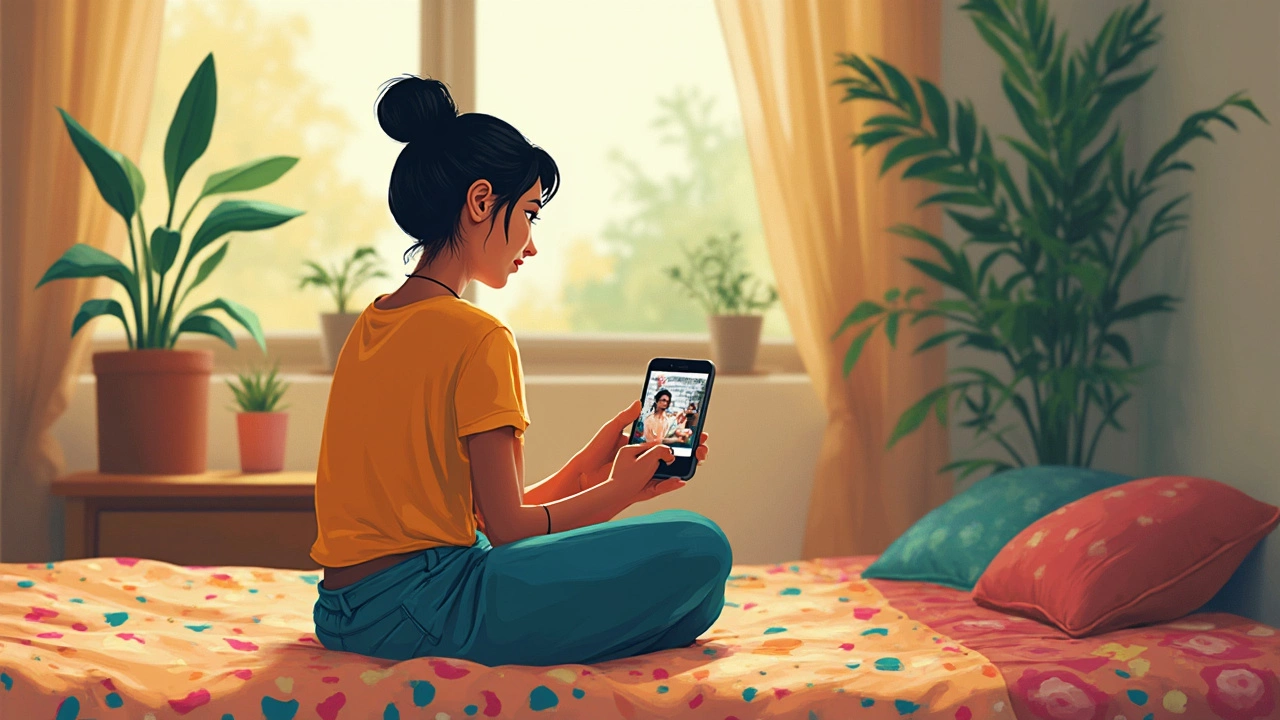Fix Photo Fast: Easy Ways to Repair Bad Images
Ever snapped a pic that turned out too dark, blurry, or just plain off? You don’t need a pricey studio to rescue it. With a few clicks and the right tricks, you can bring most mistakes back to life. Below are the most common photo problems and the quickest fixes you can try today.
Common Photo Problems and Simple Fixes
1. Too Dark (Underexposed) – Open the image in any free editor, locate the brightness or exposure slider, and lift it just enough to see details. If the colors look washed out, add a bit of contrast to bring depth back.
2. Blurry Shots – Most free tools have a “sharpen” option. Apply it sparingly; too much makes the picture look grainy. For motion blur, try the “reduce noise” filter after sharpening to keep the surface smooth.
3. Wrong White Balance – Look for a temperature or tint setting. Slide toward the blue side for cool tones or toward orange for warm tones until skin tones look natural.
4. Unwanted Objects – Use the clone or heal brush. Click on an area that matches the background, then paint over the object. It takes a few tries, but the result usually looks seamless.
5. Red Eye – Most editors have a one‑click red‑eye remover. Click the eyes, and the tool will automatically replace the red color with a natural dark tone.
Best Free Tools to Fix Photos Fast
Here are three apps that let you apply the fixes above without spending a dime.
GIMP (Desktop) – A full‑featured editor that works like Photoshop. It has all the sliders, filters, and healing brushes mentioned earlier. Download it, open your photo, and start fixing.
Snapseed (Mobile) – Perfect for on‑the‑go edits. Its “Tune Image” panel handles brightness, contrast, and white balance. The “Details” tool sharpens, and the “Healing” brush removes spots.
Photopea (Web) – Runs in your browser, no install needed. It supports layers, masks, and all the basic adjustments you need. Just drag your image in and start tweaking.
When you finish, export the image as a high‑quality JPEG or PNG. If you plan to print, choose PNG to keep the details crisp.
One last tip: always keep the original file. If a fix doesn’t turn out right, you can start over without losing the base image.
Fixing a photo doesn’t have to be a headache. With these simple steps and free tools, you can turn a bad shot into a share‑worthy picture in just minutes. Give it a try on your next blurry selfie or dim sunset, and see how quickly the results improve.
